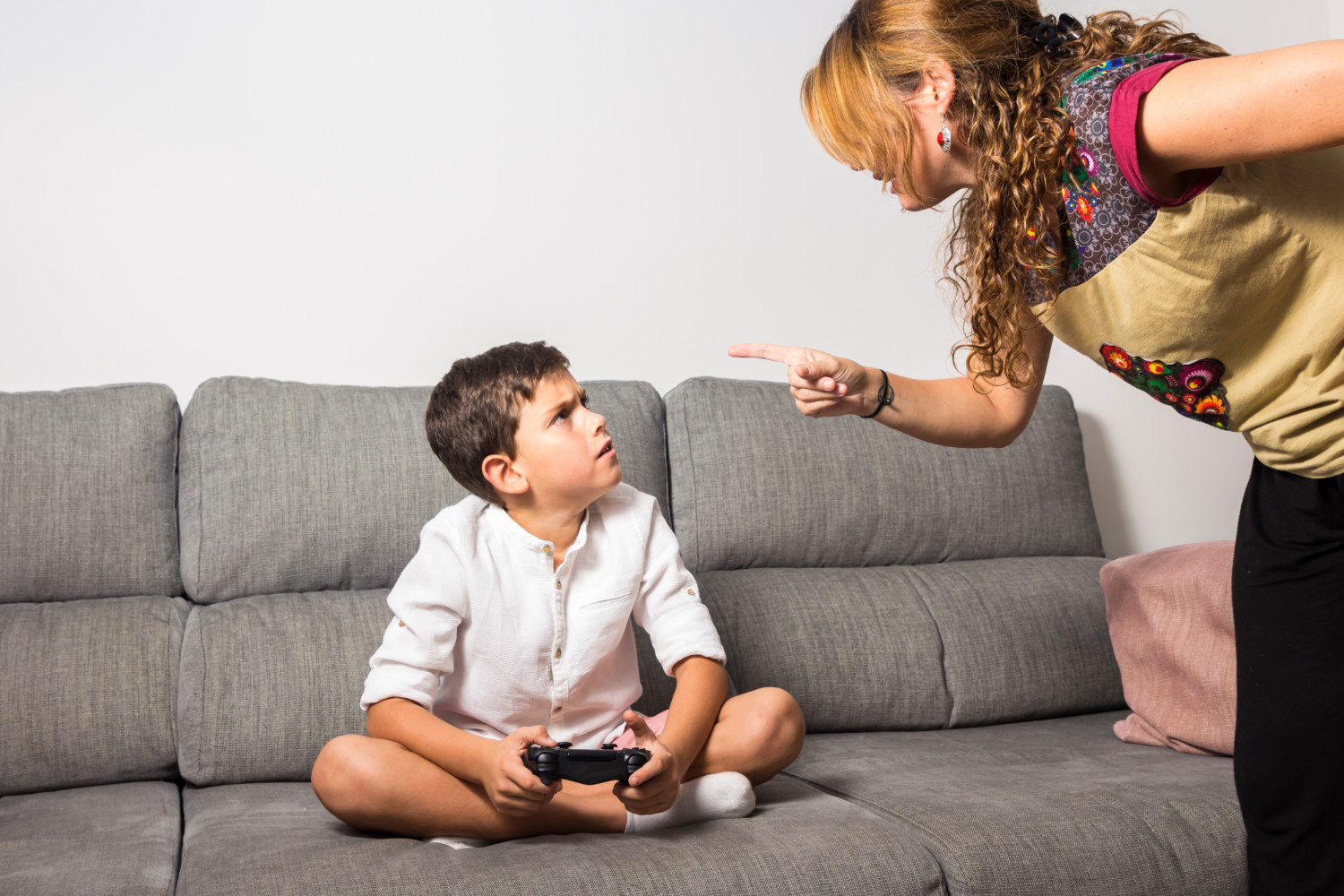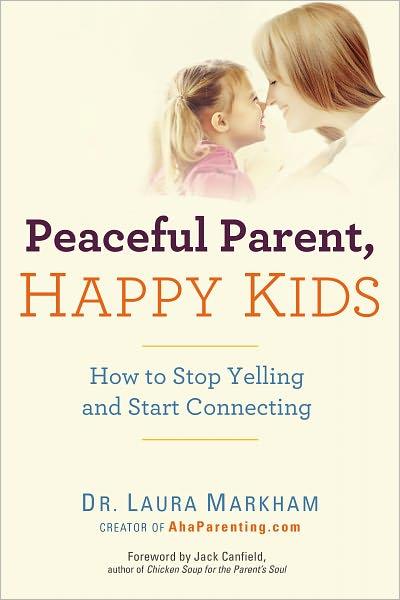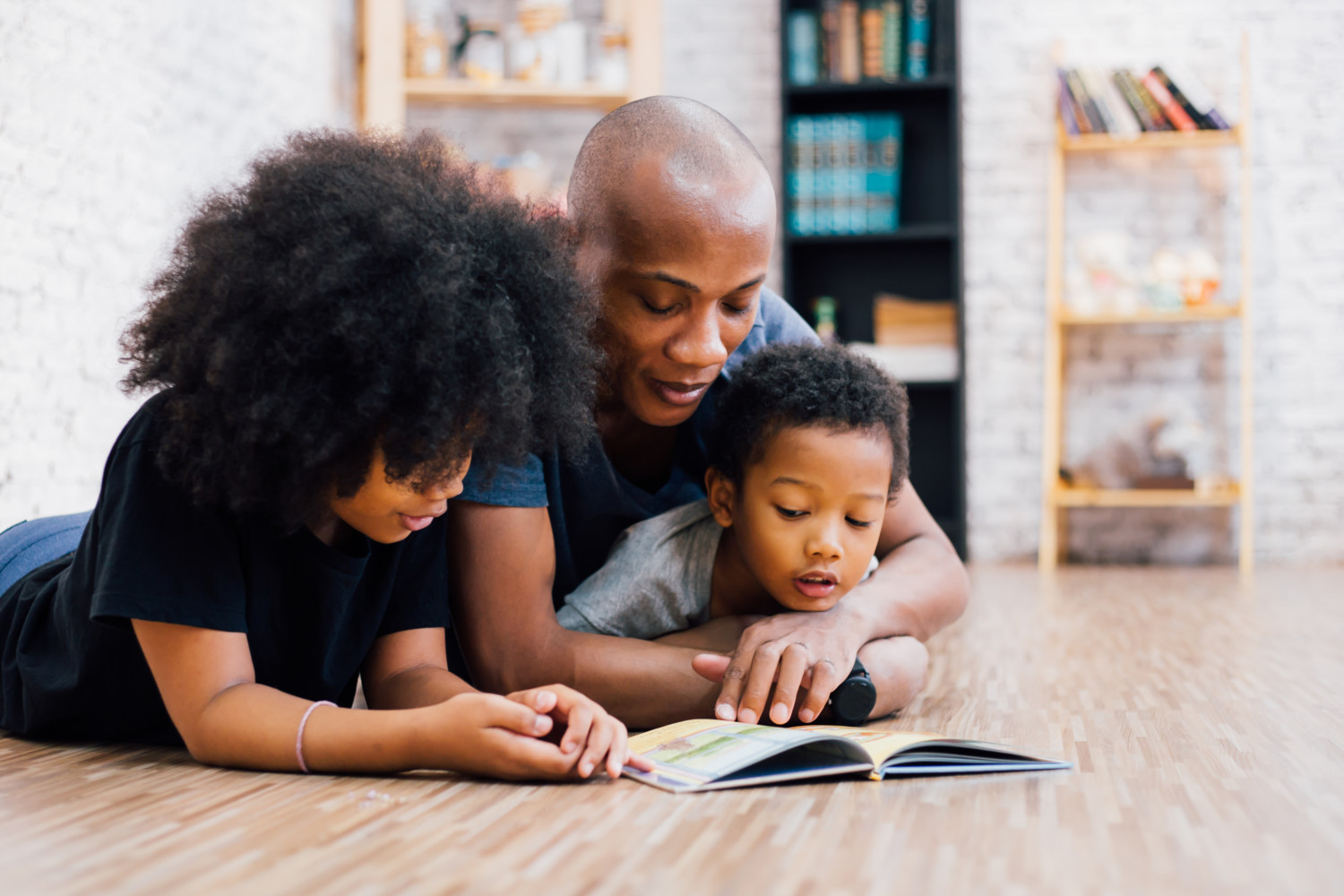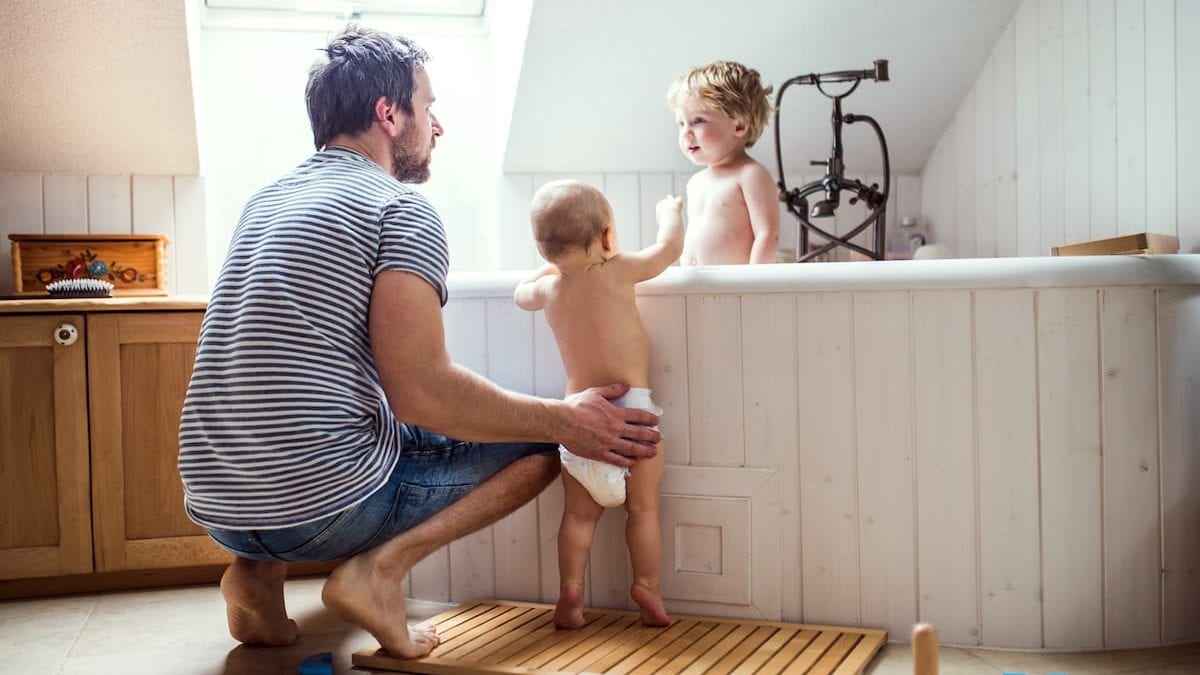The products and services mentioned below were selected independent of sales and advertising. However, Simplemost may receive a small commission from the purchase of any products or services through an affiliate link to the retailer's website.
Raising kids can be a downright punishing job. Some days, behind their adorable faces and precious giggles, your children activate that side of themselves that pushes every single one of your buttons. Maybe they have a hard time getting to sleep (or staying that way). Perhaps getting them to pick up their room is an endless battle.
Most of the time, we grownups can brush off these little issues and keep the day going without much drama. There are those times, though, that you’ve probably caught yourself not only raising your voice in frustration to your little ones but also actually yelling at them. It can become a vicious cycle and parents quickly discover they might be yelling at their children more often than they’d like, often out of desperation to get them to pay attention.

If you can relate to feeling like you’re constantly snapping at your kids because they’re not listening, then you might want to read “Peaceful Parent, Happy Kids: How to Stop Yelling and Start Connecting” by Dr. Laura Markham.
Books with advice on better parenting are a dime a dozen but, with an average 4.7-star rating and nearly 2,700 reviews on Amazon so far, Markham’s book seems to have cut through the noise. “Peaceful Parent, Happy Kids” aims to help parents build connections with their children that focus on eliminating power struggles and provide practical tools to improve communication, even when emotions run high. And that starts with teaching parents how to manage their own emotions.

“I start by showing you how to take care of yourself and regulate your own emotions,” Markham explained on her website, AhaParenting.com. “Because if you can’t do that, you can’t be the parent you want to be for your child.”
She argues that by figuring out ways to manage our own emotions as parents, we can handle tense conflicts with our children in a calmer manner, which provides a good model for them.
How Does Yelling Affect Kids?
Yelling at our kids not only makes us feel guilty, but studies have also shown that screaming doesn’t change the undesired actions of children, and can cause lasting damage to them as they mature.
A 2013 University of Pittsburgh study concluded that yelling at children reinforced bad behavior, increased depression and even caused similar damaging effects as hitting them. As The New York Times reported, yelling only serves to make parents look out of control and weak to the children they are trying to project an image of strength upon.
RELATED: Here’s How Yelling At Your Kids Affects Their Brains

Coaching vs. Controlling Our Kids
In “Peaceful Parent, Happy Kids,” Markham promises to teach parents how to connect and communicate with their children throughout their developmental years: from the time they are born all the way up to their teen years.
Instead of trying (and failing) to control children through yelling and threats, Markham shares a series of action guides to help parents coach their children through common conflicts, including:
- Making bedtime easier
- Getting your child out the door in the morning
- Handling a child who has shut down
- Understanding anger
- Facing sibling conflicts
- Coaching a child through a meltdown
According to the author’s philosophy, coaching helps guide children and encourages them to work with their parents’ expectations and build self-discipline, which is the key to getting out of the yelling cycle.

You can buy “Peaceful Parent, Happy Kids” as an e-book or paperback from various bookstores, including at Amazon for $12.59 for the paperback edition or $13.99 for the Kindle version.
This story originally appeared on Simplemost. Checkout Simplemost for additional stories.


